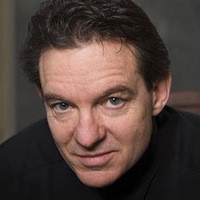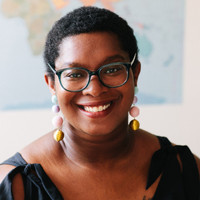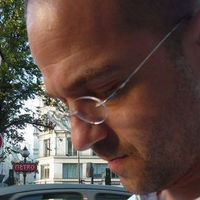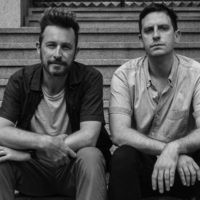Being James Brown
A profile.
When we're introduced, I spend a long moment trying to conjugate the reality of James Brown's face, one I've contemplated as an album-cover totem since I was thirteen or fourteen: that impossible slant of jaw and cheekbone, that Pop Art slash of teeth, the unmistakable rage of impatience lurking in the eyes. It's a face drawn by Jack Kirby or Milton Caniff, that's for sure, a visage engineered for maximum impact at great distances, from back rows of auditoriums.



















